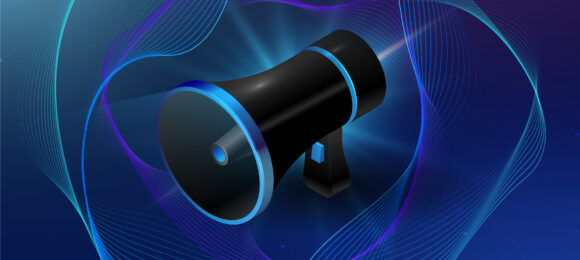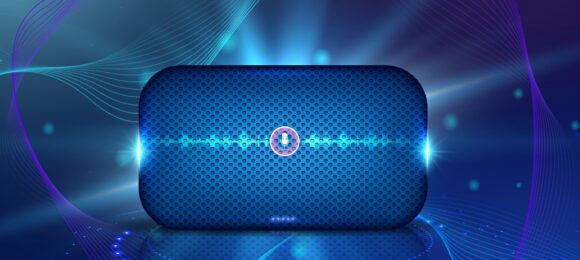So you’ve decided you want to produce your own music. Brilliant! Here are a few things that you will need to think about when you begin.
DAW’s and Equipment
One of the first things you need to think about when spending money beginning to produce your own music is what equipment you will need to make it happen. Not everyone can afford or have access to studios so if you are creating from home, a good computer is essential as it will be your tool in music creation.
You will need a platform to record/create with, there are lots of Digital Audio Workstations (DAWs) you can use to start making music with. Some of the more popular DAW’s include Logic Pro, ProTools, Reason, Cubase and Abelton Live. It’s important to think about what route of creating music you are going down. If you will be mainly recording live instruments something like ProTools or Cubase may be more suited to what you are doing. If your main form of creating music will be via MIDI input, programs such as Logic Pro and Reason may be more suited to you.
It is not impossible to set up a basic home studio on a budget, you will need speakers, a laptop/computer, midi keyboard, a microphone and audio interface.
Composing
Once you have your set up sorted, the next step is to actually create something! On DAW’s you can start to create some great virtual instruments or use presets to let your ideas literally have a voice.
Most composers say that starting a song is the hardest part and everyone has a different instrument method to start with. There really is no right or wrong way to produce your own music! Trying to write a bit of music everyday is a fast way to build up your composing portfolio but this can mean you lose track of things you have wrote.
A top tip if you are stuck for inspiration one day is to go through and listen to songs you enjoy listening to. Having a listen through tracks you have discarded is great too for when you hit a songwriting block. That 4 bars of a synth lead you composed two years ago could actually be an inspiration for a whole new song later down the line!
It’s important to do lots of research and to keep learning. There are lots of videos out there for free on YouTube and other video streaming platforms, teaching you things from how to modulate keys to how to create an amazing synth using Massive. Other websites such as lynda.com can be a great resource for learning the basics of DAW’s as well as the more advanced features.
Remember to keep practicing your songwriting! The first song you ever write will probably not be an instant hit. It can take years of dedication so don’t become disheartened! Make sure to keep composing, as with anything in life the more time you spend the better you will get!
Production
When you listen to the same thing over and over you begin to not be able to hear things as clear as you might think. One of the best things to do as a producer is take time off from a song and come back and listen to it with ‘fresh ears.’ Some of the main things to think about when mixing your song is “can all the instruments be heard and are any of the channels clipping/distorting?”
When finalising your mix, listen to your song against another song that has been produced in the same genre. This will help you to recognise if your song is loud enough and what elements aren’t standing out in the mix as much as they should be. If you are happy with the overall mix you can then move on to mastering the track. It is possible to roughly master the track yourself, but we always recommend paying for someone else to professionally master the track, you’ll be surprised how much difference this can make.
Once you have bounced/exported the track, listen to it on lots of different speakers. Your song might sound amazing on the best monitors money can buy, but the general public and your potential fans aren’t going to be listening on these. It’s important to listen to your song on as many different platforms as possible. A few examples include, in the car, on in-ear headphones and through a phone speaker etc.





